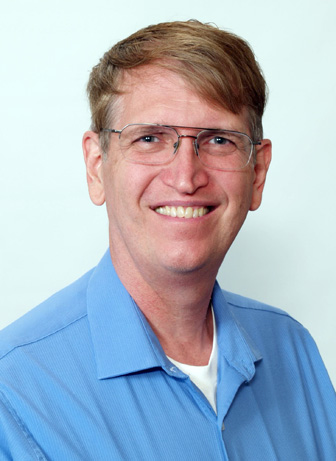



In his spare time, he improved his collection of icons, tanagras (figurines) and Edward Lears.Ī fter the publication, in 1947, of The Medieval Man- ichee, a still unchallenged study of the Christian dualist heresy, Runciman returned to Britain to start work on the crusades, dividing his time between his house in St John's Wood, London, and the isle of Eigg, off the Scottish coast, which his father had bought in 1926. In Athens, Runciman became a well-known figure in the smart Kolonaki set ("the good bandit families", as he characteristically called the descendants of the leaders of the Greek war of independence) and was a friend of George Sepheriades, the diplomat whose poetry, under the name of Sepheris, later won a Nobel prize. During the next two years, assisted by Paddy Leigh Fermor and Rex Warner, this remarkable triumvirate endeared themselves to the Greeks in a manner that has never been rivalled. Immediately after the war, Runciman willingly accepted the offer to direct the work of the British Council in Greece. This gave him the opportunity to follow the tracks of the crusaders and plan his History Of The Crusades - as well as visiting Syria and becoming an honorary whirling dervish. By a happy chance, the war took him back to the countries of his choice, first as press attaché in Sofia in 1940, then to Cairo and Jerusalem for the Ministry of Information, and finally to Istanbul for three years as professor of Byzantine art and history. When his grandfather died in 1938, Runciman could afford to give up his fellowship, and take George Trevelyan's advice to leave Cambridge and concentrate on his writing. Meantime, his travels had taken him to Jerusalem and Thailand, with several more visits on foot and muleback to Greece and Turkey. His last pupil was Donald Nicol, who became Koraes professor of modern Greek and Byzantine history at London University. His first pupil had been Guy Burgess, whom he remembered for his intellectual brilliance and his dirty fingernails. Runciman had gone back to Trinity in 1927 to teach and hold a fellowship until 1938. After that, in quick succession, came The First Bulgarian Empire and Byzantine Civilisation. On his return to Cambridge, he concentrated on his fellowship thesis, with pioneering investigations into Armenian and Syriac sources, which, in 1929, resulted in his first book, The Emperor Romanus Lecapenus. In 1924, Runciman made his first trip to Greece, was enchanted by the Byzantine town of Monemvasia and, later, by the old city of Istanbul. But this did not prevent him from befriending the last Chinese emperor, with whom he played piano duets. He artfully discovered the regius professor's regular habit of taking an afternoon walk along the Backs, and was thus able to manoeuvre Bury into giving him unofficial tutorials.įollowing an attack of pleurisy - and his doctor's prescription that his best chance of recovery would come from a long sea voyage - he went to China, arriving in the middle of the civil war. Through his school friend George Ry lands, he was introduced to John Maynard Keynes, Lytton Strachey and Virginia and Leonard Woolf, and got to know the Bloomsbury group.Īfter taking a first in history, Runciman became a research student of the notoriously elusive JB Bury, the first British historian to take Byzantium seriously. In 1921, a further scholarship took him to Trinity College, Cambridge, where he began to demonstrate an elegant and fashionable aestheticism by papering his rooms with a French grisaille wallpaper depicting Cupid and Psyche, and being photographed by his friend, Cecil Beaton, with a parrot poised on his ringed finger. His school friends included Cyril Connolly, George Orwell and "Puffin" Asquith, the prime minister's son. He won a scholarship to Eton, where a combination of an early interest in Greece and medievalism led naturally to his study of Byzantium. Indeed, an academic career was foreshadowed by his precocious ability to read French at three, Latin at six, Greek at seven and Russian at 11. He himself always welcomed the fact that, as the younger son, he was not obliged to go either into politics or the family's shipping business. His father was a member of Asquith's cabinet and his mother was MP for St Ives. Runciman was the second son of the 1st Viscount Runciman of Doxford, who was descended from the mid 18th- century Scottish painter, Alexander Runciman.


 0 kommentar(er)
0 kommentar(er)
